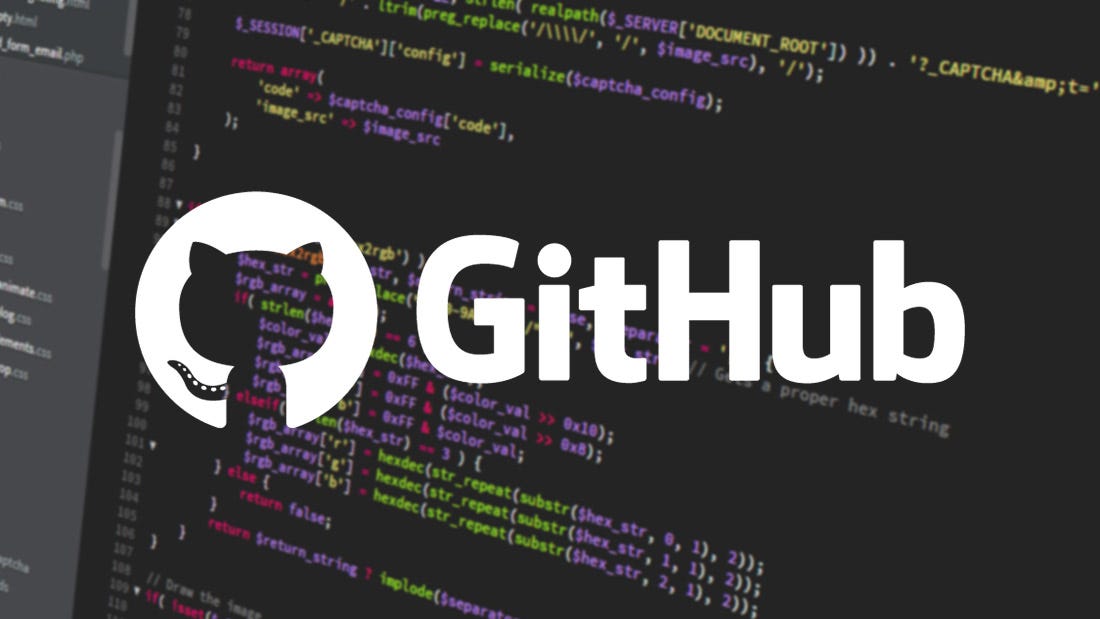Understanding GitHub Licenses: A Comprehensive Guide
 Nitin Chandra Sahu
Nitin Chandra Sahu
GitHub provides developers with the ability to license their open-source projects, enabling them to define how others can use, modify, and distribute their code. Choosing the right license is crucial for both project maintainers and users, as it determines the legal terms under which the software can be used and distributed. In this guide, we'll explore the most common GitHub licenses and explain their implications in detail.
What is a Software License?
A software license is a legal agreement between the owner of the software (the licensor) and the user (the licensee) that defines the terms and conditions under which the software can be used, modified, and distributed. Licenses vary in their permissions and restrictions, ranging from permissive licenses that allow almost unrestricted use to copyleft licenses that require derivative works to be licensed under the same terms.
Common GitHub Licenses
MIT License: The MIT License is one of the most permissive open-source licenses. It allows users to use, modify, and distribute the software for any purpose, as long as the original copyright notice and disclaimer are included. This license is simple and widely used in both commercial and non-commercial projects.
GNU General Public License (GPL): The GPL is a copyleft license that ensures that derivative works of the software are also licensed under the GPL. There are different versions of the GPL, such as GPL-2.0 and GPL-3.0, each with its own specific terms and conditions. The GPL requires that the source code of the software and any modifications be made available to users.
Apache License: The Apache License is a permissive open-source license that allows users to use, modify, and distribute the software under certain conditions. It requires users to include a copy of the license and any notices in the software's documentation or accompanying materials. The Apache License also includes a patent grant, providing additional protection to users.
BSD License: The BSD License is a permissive open-source license similar to the MIT License. It allows users to use, modify, and distribute the software for any purpose, with relatively few restrictions. The BSD License comes in various forms, including the 2-clause (Simplified BSD License) and 3-clause (Modified BSD License) versions.
Creative Commons Licenses: Creative Commons licenses are a family of licenses that allow creators to grant various permissions to their works while retaining copyright. These licenses are commonly used for non-software works, such as documentation, artwork, and multimedia content. The most common Creative Commons licenses include Attribution (CC BY), ShareAlike (CC SA), and NonCommercial (CC NC).
Choosing the Right License
When choosing a license for your GitHub project, consider factors such as your goals for the project, how you want others to use and contribute to it, and any legal requirements or restrictions. It's essential to understand the implications of each license and choose the one that best aligns with your intentions and the needs of your project.
Conclusion
GitHub licenses play a crucial role in determining how open-source software can be used, modified, and distributed. By understanding the different types of licenses and their implications, developers can make informed decisions when licensing their projects. Whether you're creating a small utility or a large-scale application, choosing the right license is essential for fostering collaboration, protecting intellectual property, and ensuring the long-term sustainability of your project.
Happy licensing with GitHub!
Subscribe to my newsletter
Read articles from Nitin Chandra Sahu directly inside your inbox. Subscribe to the newsletter, and don't miss out.
Written by
